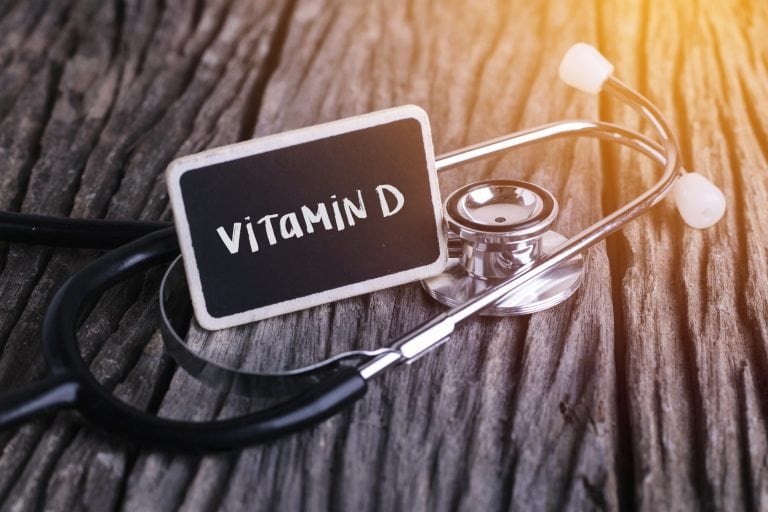
A vitamin B12 deficiency, whether because you’re not getting enough B12 or aren’t absorbing it well, can cause symptoms like fatigue, difficulty walking, weakness, and confusion. Find out if you may be vulnerable to this condition.
A vegetarian or vegan diet
Adopting a vegetarian or vegan diet delivers a lot of health benefits, but helping you maintain your B12 levels isn’t one of them. Keep in mind that the body can’t produce vitamin B12—you need to get the nutrient from the foods you eat.
Alyssa Tucci, senior nutrition manager at Virtual Health Partners, points out that this vitamin is found almost exclusively in animal products, so plant-based diets can be one of the causes of B12 deficiency. She suggests incorporating supplemental B12 into your daily regimen if you’re a veggie to ensure that you’re meeting your needs.
Intestinal trouble
As if those suffering from Crohn’s or celiac disease don’t have enough to contend with on a daily basis, a B12 deficiency could be another result of those conditions. “Under normal circumstances, vitamin B12 is absorbed in the intestines—as are most other nutrients,” explains Tucci. “Conditions that cause inflammation and damage to the small intestines, like Crohn’s and celiac disease, can impair our ability to absorb this important vitamin.”
Antacids
We often think nothing of popping an antacid for a sour stomach or to combat acid reflux, but this seemingly innocent move can be one of the causes of B12 deficiency. “In order for B12 to be absorbed, you need to have adequate stomach acid,” says Andrea Maxim, ND.
“Many people are taking acid blockers, which significantly reduce the amount of stomach acid you create.” According to Dr. Maxim, when this acid is created, the stomach releases a protein called intrinsic factor that helps the intestine absorb B12. When you reduce stomach acid with antacids, “the release of intrinsic factor becomes impaired, and therefore B12 can’t get absorbed.”
Common prescription drugs
It’s not just over-the-counter antacids that can cause B12 trouble; Yaffi Lvova, RDN, of Baby Bloom Nutrition, points to prescription medications such as methotrexate (used to treat psoriasis, rheumatoid arthritis, and some cancers), certain antibiotics, and some cholesterol-lowering drugs as causes of B12 deficiency.
Diabetes
A study published in the Journal of Diabetes and Metabolic Disorders revealed that patients with type 1 and type 2 diabetes are at high risk for B12 deficiency. Metformin, a common treatment for type 2 diabetes, is the connection—it is another prescription medication that seems to interfere with B12 absorption.

























